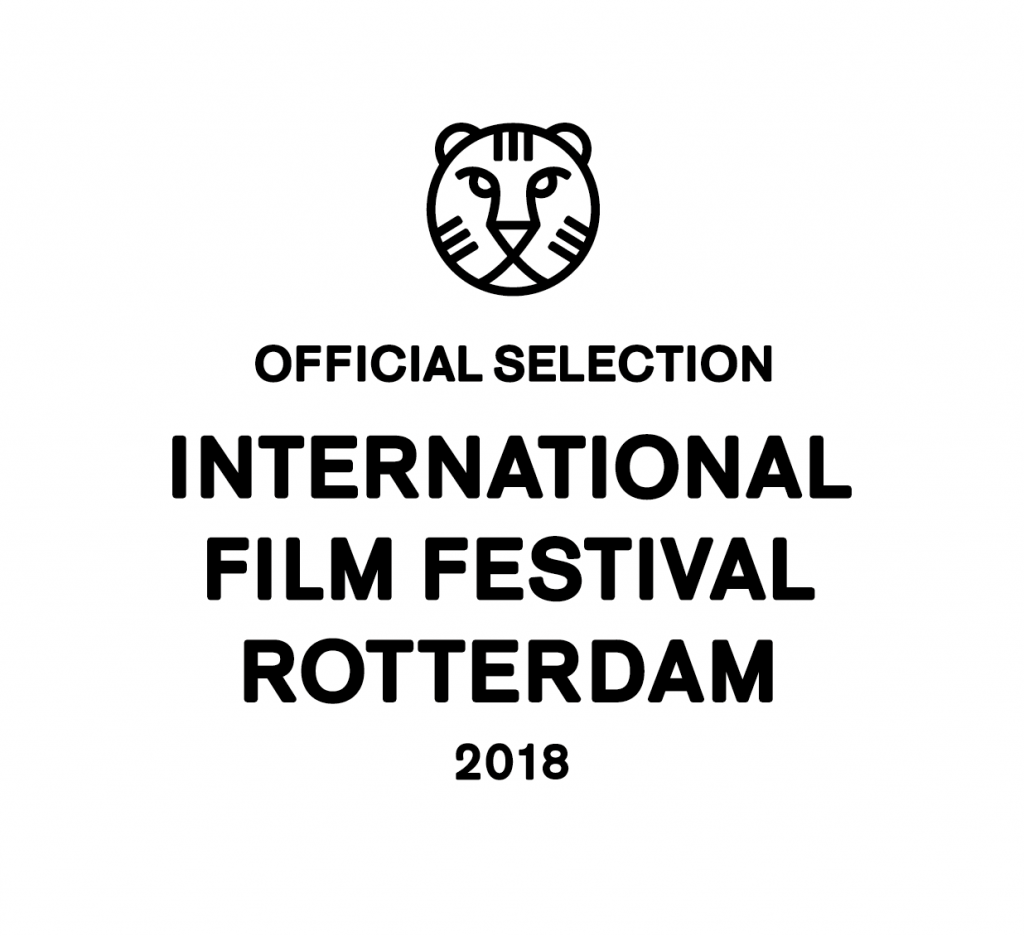Saving Brinton is headed to the mountains of Montana for a screening at the Big Sky Documentary Film Festival on Feb 24th at 1pm.

http://www.bigskyfilmfest.org/festival/films-2018-peak/saving_brinton
Saving Brinton is headed to the mountains of Montana for a screening at the Big Sky Documentary Film Festival on Feb 24th at 1pm.

http://www.bigskyfilmfest.org/festival/films-2018-peak/saving_brinton
A tiger can get new stripes!
Saving Brinton is going international, and it’s an incredible honor to be selected for International Film Festival Rotterdam, one of the world’s most storied festivals—and owners of the coolest festival logo.
Tickets now on sale for our international premiere!
https://iffr.com/en/2018/films/saving-brinton

At the request of a great many moviegoers, Mike has shared the reading from his mother Elaine’s memorial. The reading is a combination of a number of unattributed eulogies.
Death, like birth, is only a transformation, another birth
When we die we shall change our state, that is all
And with faith in god it is as easy and natural as going to sleep here and waking up there
You can shed tears that she is gone
Or you can smile because she has lived
You can close your eyes and pray that she will come back
Or you can open your eyes and see all that she has left
Your heart can be empty because you cannot see her
Or you can be full of the love that she shared
You can turn your back on tomorrow and live yesterday
Or you can be happy for tomorrow, because of yesterday
You can remember her and only that she is gone
Or you can cherish her memory and let it live on
You can cry and close your mind, be empty and turn your back
Or you can do what she would want, smile, open your eyes, love and go on
Remember what the caterpillar perceives as the end
The butterfly sees only the beginning
The Brinton Collection contains films, slides, projectors, papers, and other documents from the life and career of William Franklin Brinton of Washington, IA. The collection was preserved for many years by Michael Zahs, and has donated to the University of Iowa Libraries beginning in 2014.
View the collection online here.
Brinton was an itinerant showman, travelling from Texas to Minnesota to project slides, film, and stage other entertainments during the years 1895-1909. He was also the manager of the Graham Opera House in Washington, which is still an active movie theater today and was recently declared the longest continually operating cinema in the world. Brinton was an eccentric and energetic individual, and the collection not only preserves some of the earliest commercially available film, it also contains material related to Brinton’s experimental interests, such as his passion for designing flying machines long before human flight became a reality.
This site will be developed as material in the collection is digitized. The collection is open for research and may be consulted by viewing the finding aid.
Barn Owl Pictures was awarded a grant from the Iowa Arts Council for the forthcoming feature documentary Saving Brinton.
The award, and much more, are featured in a write-up from Little Village magazine.
100 years later, new audiences discover legendary outsider